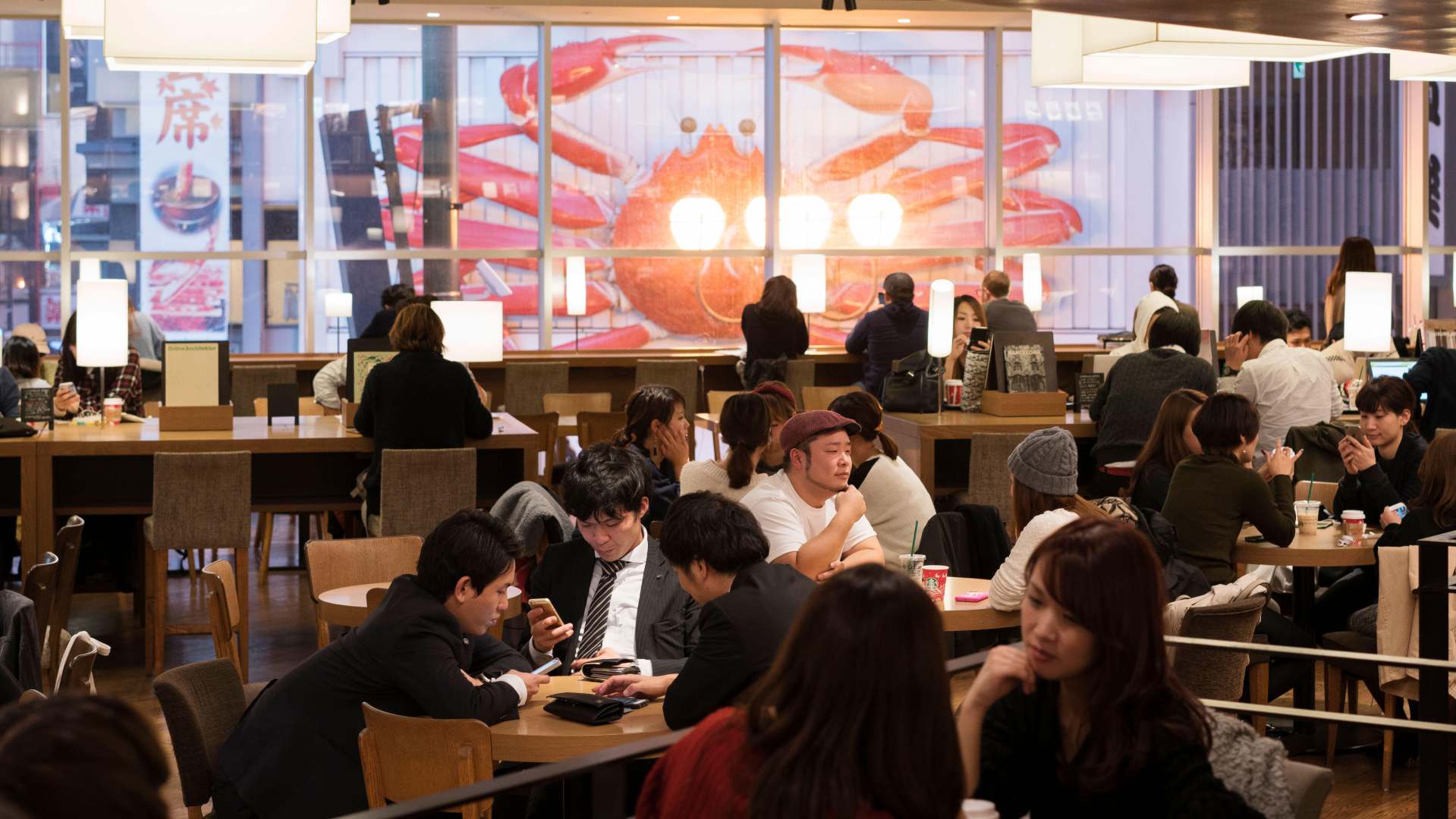Has Covid-19 changed Japan’s specialty coffee culture for good?
The pandemic turned Japan’s specialty coffee industry on its head almost overnight. Leading industry figures Kentaro Maruyama and Kenji Kojima reveal how it responded – and whether Covid-19 has changed the country’s coffee culture for good.
For more than a decade, Japan has enjoyed a thriving specialty coffee scene.
Led by the likes of Onibus, Kurasu, and Maruyama Coffee, it is recognised for its commitment to quality, craftsmanship, and a focus on minimalist design.
It has been a pioneer in the art of pour over, which is said to have inspired Blue Bottle Coffee’s founder, and in 2014 produced a World Barista Champion in Hidenori Izaki.
However, like most countries, the outbreak of Covid-19 had a significant impact on Japan’s specialty coffee industry, leaving many concerned about what the “new normal” might hold.
In particular, it has raised the question of whether its coffee shops and roasters will bounce back to pre-pandemic levels following prolonged lockdowns or whether a new landscape will start to emerge.
Olympics, ecommerce, and home consumption
When the pandemic hit, Tokyo was preparing to host the 2020 Summer Olympic Games.
Expected to draw in thousands of spectators from around the world, it led many coffee shop owners to expand into central tourist areas to take advantage of the additional footfall.
Yet at the last minute, the government decided to hold the Olympics behind closed doors, in turn banning spectators from most venues across the country.
According to Kenji Kojima, the head roaster at specialty coffee shop chain Fuglen Tokyo, the impact was devastating.
“We opened a new branch of Fuglen in the sightseeing area of Asakusa,” he says. “By the spring of 2020, we had lost 90% of our customers. The whole area was deserted. We had to cut staff and reduce our opening hours.”
Kentaro Maruyama is the CEO of Maruyama Coffee, one of Japan’s leading specialty coffee brands. He paints a similar picture to Kojima. “Out of our twelve shops, we had to close three. Losing them was heartbreaking.”
However, like many coffee shops and roasters around the country, Fuglen and Maruyama were spared the worst of the pandemic by refocusing their energy on e-commerce and wholesale.
Kojima notes that sales of coffee beans through their online shop were three times higher in the spring of 2020 compared to the previous year. This dramatic shift also prompted Maruyama to reassess his business portfolio.
“We focused more on roasting and wholesale, particularly to supermarkets,” he says.
Both saw further success with subscription services, a rare concept in Japan prior to the pandemic.
“I saw lots of newcomers to specialty coffee,” Maruyama says. “People were using money they might have spent going out on buying higher quality coffee.”
To continue engaging with customers, Fuglen used the expertise of its baristas to run digital courses in coffee brewing.
“We found that people wanted to share pictures of their coffee and brewing equipment,” Kojima says, “They wanted to show they were having fun and engaging with coffee in a way that hadn’t happened before.”
Indeed, a major coffee distributor in Japan reported in November 2020 that there had been a “reversed sales composition ratio for commercial use and household use due to Covid-19”. Commercial use, which had accounted for just under 40% of sales, had fallen below 30%, while household use grew from 30% to more than 40%.
As a result, Kojima believes that the pandemic has brought Japan’s coffee culture more into the home and increased the public’s appreciation of specialty coffee. This could lead to higher sales of home brewing equipment in the future, such as grinders and espresso machines.
The rise of the neighbourhood coffee shop
The shift from in-store to home consumption and the risk of infection posed by public transport has also led to more people frequenting cafés in their local areas.
Both Kojima and Maruyama note that as restrictions eased, cafes located in residential areas did much better than those downtown.
Fuglen’s branches in Tomigaya and Noborito were still busy, with the riverside roastery in Noborito doing particularly well. This is perhaps due to the open space on the doorstep in which customers could maintain social distancing.
Kojima says that this perhaps reflects another change in Japan’s specialty coffee culture. Previously, customers travelled to visit renowned cafes and roasteries. This culture is seen less in Europe where most go to cafes out of convenience, “not because a champion barista works there.”
He adds that if Covid-19 had never happened, their strategy would be considerably different.
“If Asakusa had been a success we might have looked into expanding into shopping malls and business areas. Now I am only considering expanding into residential areas.”
Indeed, Fuglen recently opened a new location in Hanegi Kōen, a residential area in east Tokyo centred around a large park.
Despite being turned on its head, Japan’s specialty coffee industry did remarkably well to adapt as quickly as it did. But the question now is whether these changes are here to stay.
“I don’t think there will be a complete return to life before Covid,” Maruyama says.
Instead, with specialty coffee shop owners seeing more security in the suburbs and e-commerce, it’s likely that Japan’s coffee culture will enter a new stage characterised by decentralisation and the use of digital technology to reshape the coffee experience.








